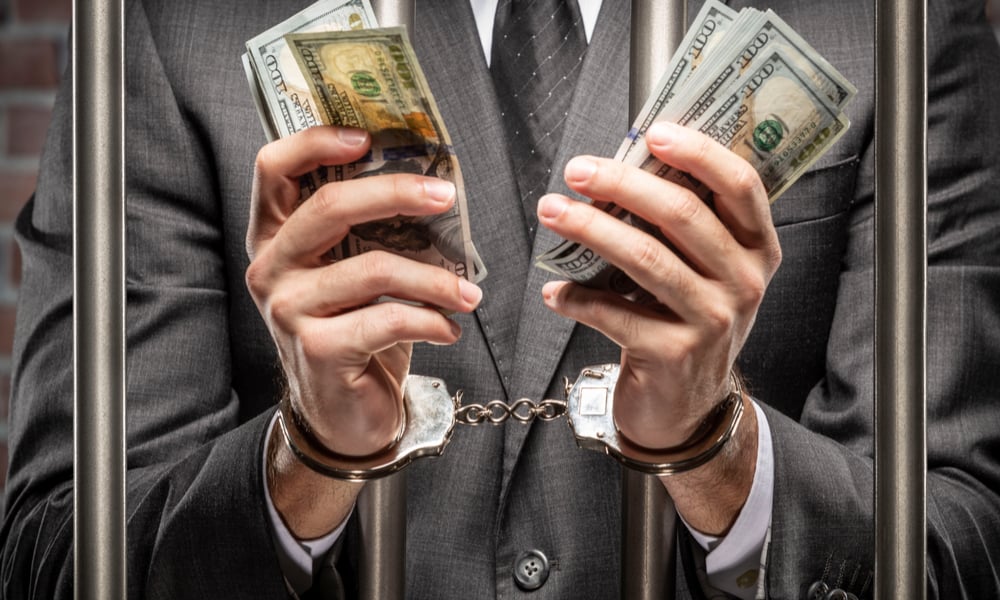For $50,000, a former Customs and Border Protection agent gave keys and insider information to a drug trafficking organization. The decision earned Robert Hall 114 months (almost 10 years) in prison, according to a case that was unsealed on Friday.
The La Feria, Texas guard spent 10 years on the job supplying drug traffickers with a flow of information and resources that allowed them to better pass illegal drugs, including marijuana, over the U.S.-Mexico border.
A report from the Department of Justice states that Hall and his accomplice gave the trafficking organization with “CBP sensor locations, the locations of unpatrolled roads at or near the U.S.-Mexico border, the number of BPAs working in a certain area, keys to unlock CBP locks located on gates to ranch fences along the border and CBP radios.”
Hall worked in tandem with former CBP nurse Daniel Hernandez, who pled guilty to accepting $5,000 cash for helping traffickers to escape detection. Court documents show that he was once compensated with $500 for a map of sensor locations and a key to CBP locks. Hernandez is due to be sentenced in May.
The two are far from the sole Border Patrol employees that have been caught aiding in the transfer of drugs across the border. In a report released in October, it was revealed that more than 500 employees of Customs and Border Protection had been criminally charged in 2016 and 2017. The most common arrests related to drug and alcohol misconduct, and the number included people who had been accused of drug trafficking and accepting bribes. Between the years 2005 and 2017, 77 Border Patrol employees were arrested or indicted on corruption charges.
The news of Hall’s sentencing comes in the midst of Donald Trump’s continued push to build a $5.7 billion wall at the border. Trump insists that the wall is vital to the safety of U.S. residents, and that illegal drugs are coming into the country through illegal points of entry.
But despite security breaches like those of Hall and Hernandez, government statistics show that the vast majority of illegal drugs come through legal points of entry. This was recently demonstrated by the well-publicized and record-setting Customs and Border Patrol drug bust at the Los Angeles/Long Beach Seaport of 1.7 tons of drugs that had been hidden inside a shipment of speakers bound for Australia.
In the trial of Mexican cartel boss El Chapo, members of his organization testified that most of their drug shipments were passed through legal ports of entry. One trafficker stated that he had bribed a former South Texas sheriff with $100,000 in exchange for aiding the transportation of illegal drugs.
“The money can be an extremely tempting thing,” former federal South Texas prosecutor Kenneth Magidson told the New York Times. “It’s hard to say no.”
Statistics show, however, that the flow of cannabis over the border is decreasing. In the Border Patrol’s southwestern sector, cannabis seizures have dropped by around two-thirds annually — from 2.5 million pounds in 2011 to 850,000 in 2017.
Source of article: https://hightimes.com/news/former-border-patrol-agent-sentenced-accepting-bribes-drug-traffickers/
















